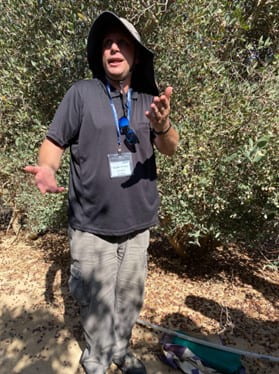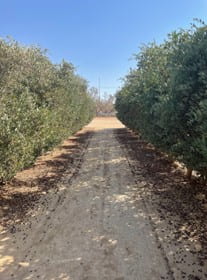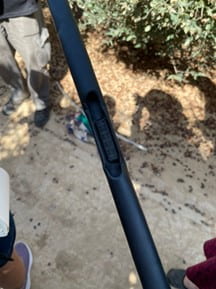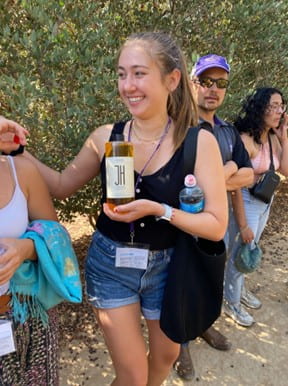Drip Water Irrigation in Israel
By Shyam Chandra and Damien Koh
On September 11th, 2022, the Israel GET group paid a visit to an Israeli community known as Kibbutz Hatzerim. There we learned about a local-born company called Netafim and their unique drip irrigation technology.
A Kibbutz is a type of Israeli shared community with an extreme emphasis on resource sharing and equality. They were formed during the formation of Israel and are primarily focused on agriculture. While its members may possess different roles and jobs, everyone contributes all of their earnings to a shared bank account and then each receives a fixed, equal monthly budget for their own use. Each household is expected to return its leftover budget to the shared account at the end of the month to ensure the longer-term success of the community.
There was initially 100+ Kibbutz, however, there are now only 28 that remain true to their collective values – with the others becoming more individual-centric and privatized. This shift was due to the changing opinions on individualism, capitalism, and community values. However, children born into a Kibbutz are not obligated to stay when they reach adulthood. In fact, if they choose to leave and seek reentry, they must be voted into the community with a 65% majority and a trial period to determine the value they could bring to the people around them. Being able to witness such a unique community and its potential success in the modern world was an eye-opening experience.
Another purpose of our visit was to tour Netafim, a billion-dollar revenue-generating corporation that pioneered the drip irrigation system.
As our warmly enthusiastic guide put it, “drip irrigation will likely achieve a Nobel Prize soon.” Aligning with UN goals across water conservation, zero hunger, and climate action, these small drippers and encasing polyethylene tubing have drastically reduced the water required for agriculture. We learned how drip irrigation is the most efficient water distribution method at 95-100% efficiency, with the next best water distribution systems only offering 80-85% (sprinkler systems). The technology precisely drips water onto the roots of the plants it waters to minimize waste.
To get a better feel of the technology’s use case, we toured Jojoba Hatzerim, the world’s number one jojoba oil manufacturer. These beans eventually become Jojoba oil, which is extremely useful in helping cosmetics be better absorbed by the skin, as it mimics the skin’s natural sebum production. Furthering the Israeli agriculture industry’s focus on innovation, they also employ advanced machinery to harvest these Jojoba beans that only require a single operator. The driver is then able to easily employ robotic arms and vacuums to harvest up to 10 tons per day, easily outperforming similar harvesting methods, which require large amounts of manpower.
We enjoyed a presentation with one of Netafim’s business leaders who outlined the corporation’s history and strategy for farmer adoption of their technology. He explained that they hope to continue investing heavily in R&D for the foreseeable future. Israel is a nation that has overcome adversity with innovation, and it’s precisely this culture that has allowed Netafim to revolutionize the way the world meets its agricultural needs.
The Global Engineering Trek (GET) to Israel is jointly organized by the Northwestern Center for Water Research (NCWR) and the Israel Innovation Project (IIP). This program is focused on the topic of water (GET Water-Israel) and is offered to all first- and second-year Northwestern undergraduate students. GET Water-Israel is co-sponsored by McCormick Global Initiatives, the Institute for Sustainability and Energy at Northwestern (ISEN), the Crown Family Center for Jewish and Israel Studies, NCWR, and IIP.




